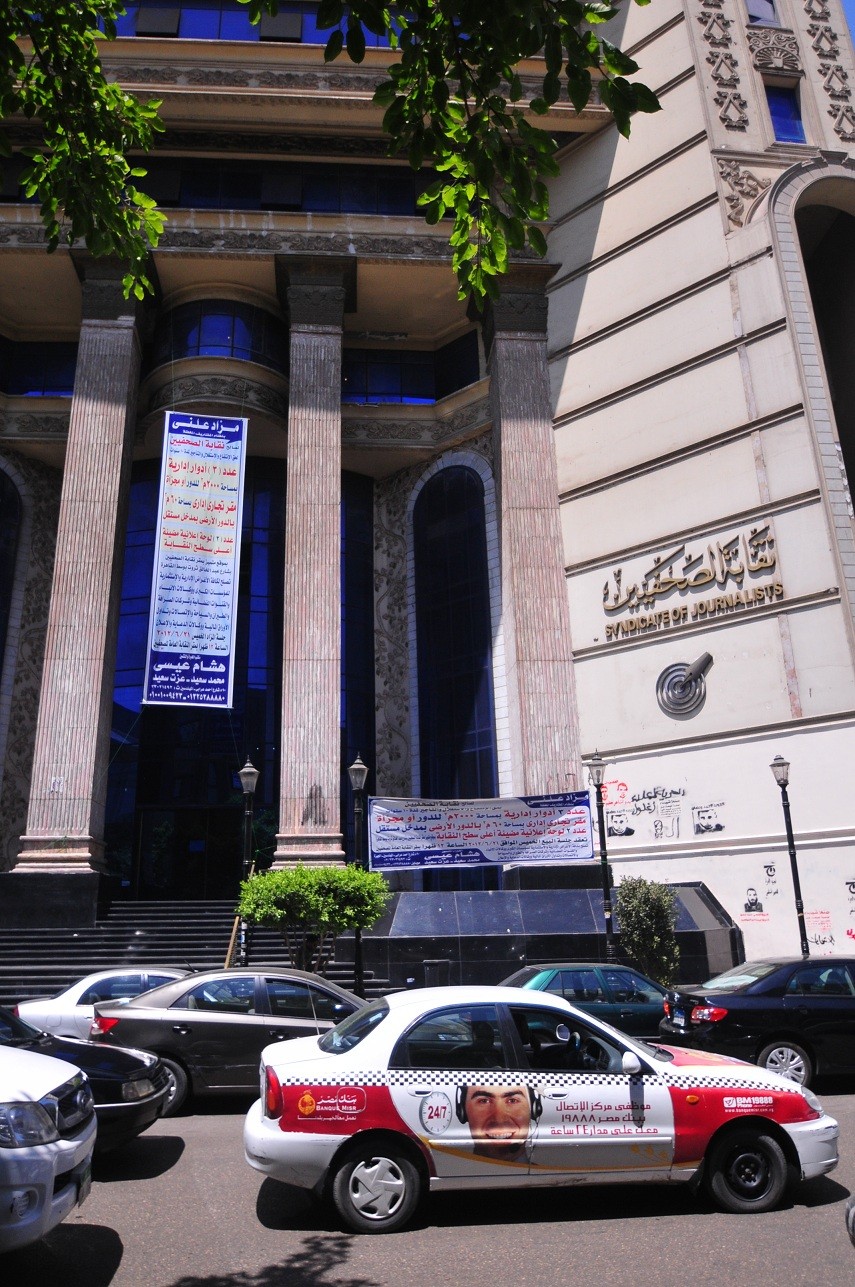Internal awareness campaign faces both criticism and support
CAIRO: In a bid to increase the current 8.6 million tourists per year to the planned 16 million and encourage repeat tourist visits, the Ministry of Tourism kicked off a five-year campaign to increase internal awareness of the importance of individually supporting tourism.
Many are now familiar with the campaign, featuring Egyptian currency without the picture of the Abu Simbel Temple or TV spots filled with smiling polished-up drivers and workers.
Complaints from tourists about service quality and the treatment they receive have always been the center of any discussion related to developing the tourism field.
Earlier in a press conference organized by the Egyptian Tourism Federation, Chairman Ahmed El Nahhas noted the role Egyptians would play in increasing tourism rates. Even if a tourist receives excellent service at the hotels and restaurants they visit, an unfortunate experience with a taxi driver, a shop owner, a salesperson or a man on the street, who the tourist asks for directions, could ruin the whole experience.
Spreading awareness of the importance of tourism among Egyptians is important to the process, said El Nahhas. In order to surpass the initial aim of 16 million tourists a year to reach 40 million like other countries, everyone in Egypt has to help, he explained. The awareness of the importance of tourism and the proper treatment of tourists should start with children’s educational curriculum, he added.
During the April inauguration of the campaign, Minister of Tourism Zuheir Garana called for a return to tradition and the heritage of generosity that could lend a positive image to the country within the international tourism market, according to the State Information System.
Garana noted that the development of tourism affects individuals and corporations alike. Studies show that for every 1 million tourists, 200,000 jobs are generated, whether directly or indirectly. Seventy sectors and industries are affected by tourism, said Ahmed El Khadem, head of the Tourism Authority, during the same event.
There is an ongoing expansion in building tourist related establishments (hotels, resorts and restaurants). Training facilities to improve service quality are already underway.
This new campaign is designed to close the loophole in the planned cycle: tourists interaction with regular citizens, usually unaware of the basics of treating visitors.
But so far, the two-month campaign has equally drawn both criticism and support. What some see as innovative advertising, others see as vague. The Egyptian pound advertisement, for example, has been hailed for its creativity and at the same time criticized for not clearly conveying its message. Does it mean that Egypt won t be the same without tourism? Or does it mean that the economy would collapse without tourism?
In a casual online survey carried out by the Egyptian Tourism Society, the results up to Tuesday noon showed that around 60 percent believed the campaign would fail.
It might be too early, however, to make judgments, as Garana stressed to state-run papers. These TV ads are only part of one of three phases, the whole campaign is expected to cost up to LE 100 million, according to El Khadem.
After raising awareness, the campaign will reportedly start working on changing people s interaction with tourists from making fast gains to working for long term goals – if tourists come back, there will always be revenues.
Celebrity endorsements will also be used to reinforce earlier messages. A Ramadan TV series for that specific purpose has even been discussed. Another plan is to distribute Egyptian tourism ambassador awards to top achievers in the field. Initial plans indicate that recipients would be major or significant industry players with record achievements. But with mounting criticism, especially in the local Arabic press, the minister promised a reevaluation of the campaign s strategy and reach. Recognizing the debate over the current slogans and ads, Garana told local press that a specialized committee would examine and then decide the fate of the campaign a month from now. He said that the judgment will be made according to studies and won t be based on a mere conflict of opinion.

